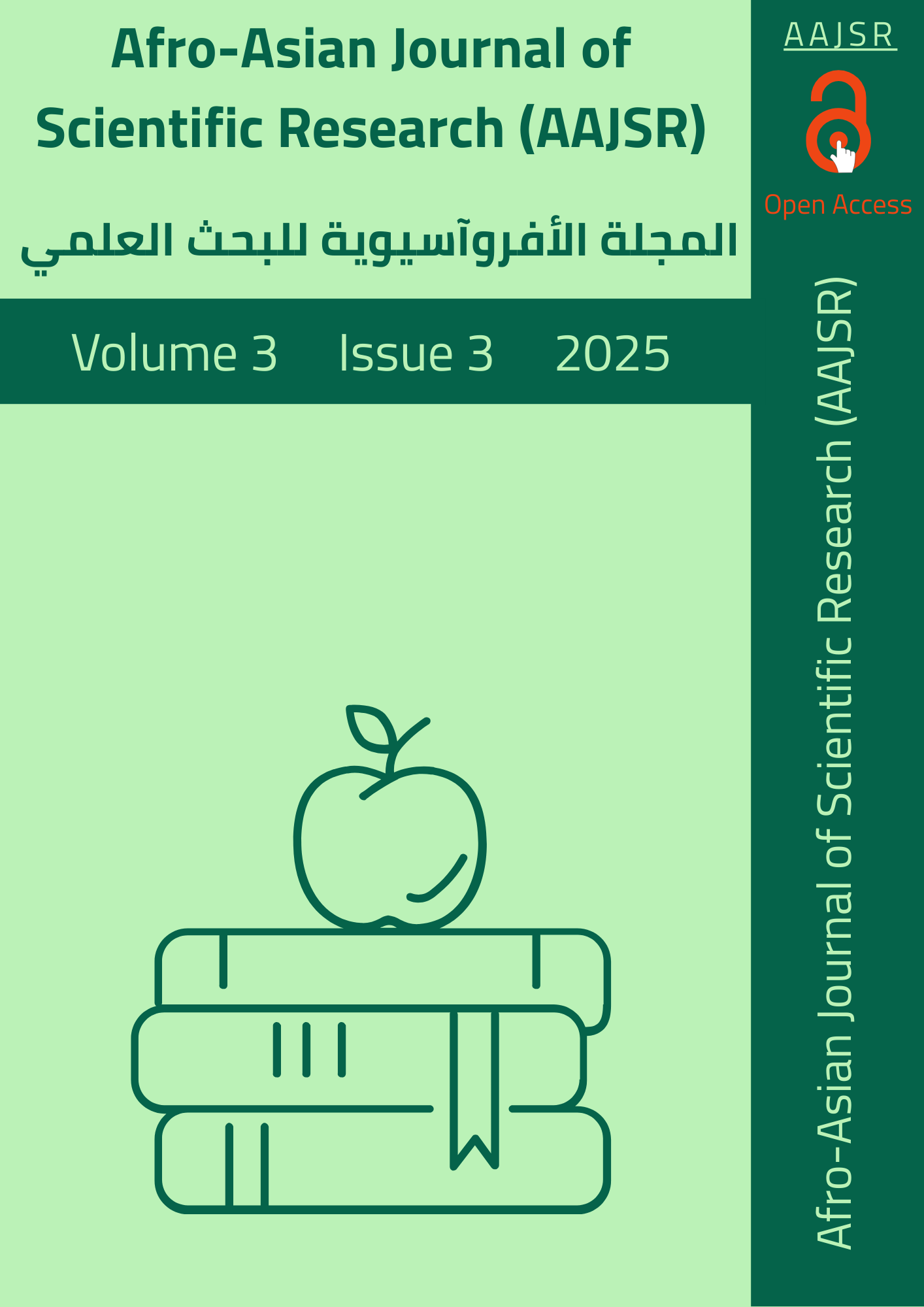The Fatigue Performance Of Asphalt Mixtures Incorporating Recycled Polyethylene Terephthalate
Keywords:
Asphalt mixture, Waste PET, Fatigue lifeAbstract
A significant volume of waste plastic is generated by various industries, making plastic an integral component of everyday life. Polyethylene terephthalate (PET) is a prevalent type of plastic predominantly utilized in the beverage and food sectors. The global production of waste PET is substantial. Conversely, the presence of vehicles with heavier axle loads on roadways contributes to a reduction in the service life of asphalt pavements. Various forms of failure can manifest in asphalt concrete mixtures, including permanent deformation and fatigue failure. This research focuses on assessing the stiffness and fatigue performance of asphalt mixtures that incorporate crushed PET particles as an additive. The study employed different proportions of crushed PET, with a maximum particle size of 2.36 mm. Stiffness modulus tests and indirect tensile fatigue tests were performed on both the PET-modified and unmodified mixtures at optimal asphalt content levels. The findings indicated that the stiffness of the asphalt mixture improved with the addition of lower quantities of PET; however, an increase in PET content led to a decrease in stiffness. Furthermore, it was noted that the fatigue life of the mixtures containing waste PET was considerably extended compared to those without PET reinforcement.





